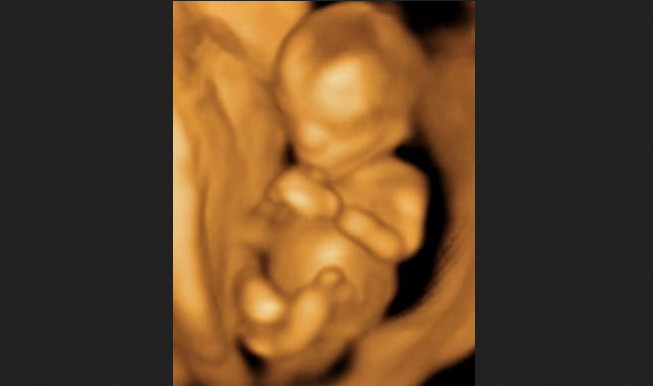Once the Supreme Court overturned Roe v. Wade on June 24, 2022, Indiana was the first state to pass protective legislation. Senate Bill 1, signed by Gov. Eric Holcomb in August 2022, allows abortions only in cases of rape or incest, when there’s a serious risk to the life of the mother or when fatal fetal anomalies are present. In addition, abortions must be performed in hospitals.
Pro-abortionists attacked SB 1 on two fronts. The first onslaught was by the ACLU of Indiana which argued the law was unconstitutional on its face. However, on June 30, 2023, the Indiana Supreme Court upheld the law 4-1.
According to Casey Smith, writing for the Indiana Capitol Chronicle,
” … we hold that Article 1, Section 1 (of the Indiana Constitution) protects a woman’s right to an abortion that is necessary to protect her life or to protect her from a serious health risk, but the General Assembly otherwise retains broad legislative discretion for determining whether and the extent to which to prohibit abortions,” Justice Derek Molter wrote in the ruling.
The latest development in second assault was heard yesterday by a three-judge panel of the Indiana Court of Appeals. “Five anonymous Hoosiers holding different religious beliefs and the group Hoosier Jews for Choice sued for abortion access,” arguing that the state’s “Religious Freedom Restoration Act exempts those whose faith does not hold that life begins at conception from the state’s abortion ban,” Binghui Huang wrote for the Indianapolis Star.
Last year Marion County Judge Heather Welch ruled that “the ban likely violates RFRA. Judge Heather Welch’s narrow injunction grants a temporary religious exemption from the state’s abortion ban,” Smith reported. The state was unsuccessful in trying to appeal the injunction directly to the Indiana Supreme Court.
Get the latest pro-life news and information on Twitter. Follow @LifeNewsHQ
According to Huang, the appeals court panel peppered both sides with tough questions.
“You have a Christian belief system that is different than a Jewish belief system that’s different than a Muslim belief system,” [Judge Leanna K.] Weissmann said. “So how can the state mandate a policy that compels compelling interest based on a Christian belief system?”
James Barta, solicitor general at the Indiana Attorney General’s Office, responded that
previous legal rulings have established the state has a right to protect life at conception, regardless of religion. He added that legislators had to weigh different interests when passing the abortion law, but argued that any other exceptions should be decided by lawmakers.
“Those exceptions reflect that the legislature recognizes there are some ethical and moral imperatives when you have a pregnancy that’s a product of rape or incest,” he said.
Representing the ACLU of Indiana Ken Falk, its legal director, was asked about the “burden the abortion ban puts on the rights of the people he represents.”
“None of them are currently pregnant. None of them are seeking an abortion. Where does the substantial burden come in?” Judge Weissmann asked.
Falk responded “that the ban has changed their behaviors and lives. In their lawsuit, the plaintiffs say they feel forced to abandon plans to have children or have an active sex life due to fears of dangerous or unwanted pregnancies.”
It’s not clear when Judge Lloyd Mark Bailey, Judge Melissa S. May, and Judge Weissmann will issue a decision.
LifeNews.com Note: Dave Andrusko is the editor of National Right to Life News and an author and editor of several books on abortion topics. This post originally appeared in at National Right to Life News Today —- an online column on pro-life issues.








